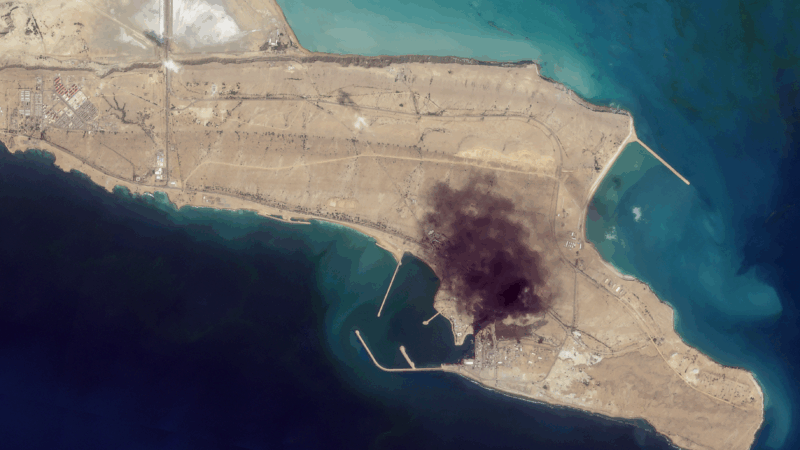An International History of the American Civil War
Americans tend to think of the Civil War as a domestic conflict, as a war between brothers. But the war didn’t take place in a vacuum. It had great implications for the international community. University of South Carolina history professor Don Doyle examines the Civil War through an international lens in his book “The Cause of All Nations.” He spoke to WBHM’s Andrew Yeager.
An extended interview:
Don Doyle’s thoughts on the current controversy over the Confederate battle flag:
Interview Highlights
What’s missed by ignoring an international perspective of the American Civil War:
“The European world and the Latin American world especially were watching this war, this American conflict. It was important to them, partly because their governments, particularly in Britain, France and Mexico, they had a lot at stake in the war. There was concern that Britain or France or both might become involved in either a war with the United States or an alliance with the Confederacy…They were also concerned, of course, that the war meant disruption of the cotton trade. That would bring and did bring great distress to all of northern Europe, not just Britain.”
How Europeans viewed the United States as war broke out:
“The United States is the exemplar of the democratic experiment or the republican experiment. That idea that people could govern themselves without kings, without priests. In most of Europe, the republican experiment, which was raised of course with the French Revolution and continued to be an embattled project, it had failed. And when I say failed it had been squashed. And now the so-called great republic that they saw across the Atlantic was failing. So for aristocrats, they were delighted.
“But for others who believed that people could govern themselves, they saw the American question as their own battle. They saw themselves having a lot at stake in the outcome of what they called the American question.”
Why the North denied that slavery was a cause of the war when the conflict began:
“Lincoln had to deny that he had any power and then he went further to deny that he had any intention to interfere with slavery in the states where it already existed. What Lincoln was trying to do was say, look, this is a rebellion without cause. I do not threaten slavery in the states. These people are declaring their independence first, because of a false fear, an ungrounded fear of abolitionist intentions of the Republican Party and Abraham Lincoln. And he wanted to demonstrate to the world and to those who might recognize the South that this a rebellion and insurgency that is without any kind of moral, constitutional or legal grounding or legitimacy.”
Prediction market trader ‘Magamyman’ made $553,000 on death of Iran’s supreme leader
It's the latest trade drawing scrutiny on the popular prediction market site for appearing to show an insider making profits on military secrets.
Oil prices rise sharply in market trading after attacks in Middle East disrupt supply
The high prices came as U.S. and Israeli attacks on Iran and retaliatory strikes against Israel and U.S. military installations around the Gulf sent disruptions through the global energy supply chain.
Satellite images provide view inside Iran at war
Satellite images from commercial companies show the extent of U.S. and Israeli strikes, and how Iran is responding.
Mideast clashes breach Olympic truce as athletes gather for Winter Paralympic Games
Fighting intensified in the Middle East during the Olympic truce, in effect through March 15. Flights are being disrupted as athletes and families converge on Italy for the Winter Paralympics.
A U.S. scholarship thrills a teacher in India. Then came the soul-crushing questions
She was thrilled to become the first teacher from a government-sponsored school in India to get a Fulbright exchange award to learn from U.S. schools. People asked two questions that clouded her joy.
Sunday Puzzle: Sandwiched
NPR's Ayesha Rascoe plays the puzzle with WXXI listener Jonathan Black and Weekend Edition Puzzlemaster Will Shortz.






